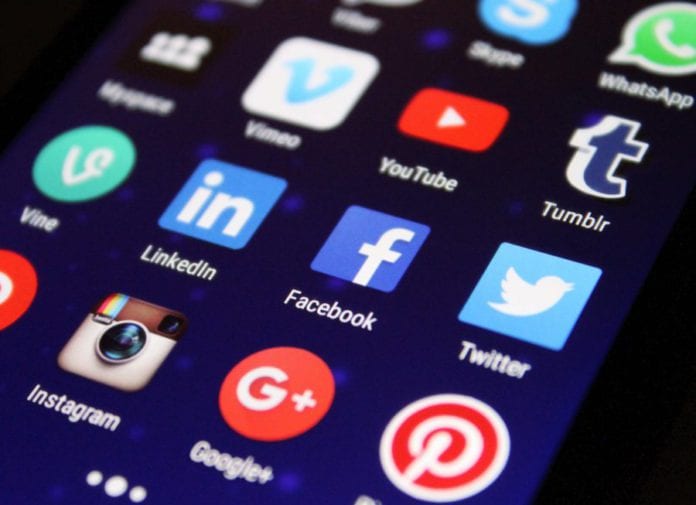The government is drafting new laws in order to regulate online political advertising in order to end anonymous interference in elections.
The new law being drafted would require paid for online political advertising, whether they appear on social media or other platforms, to be clearly labelled as such.
The ads would also be required to contain information about their origin, whether it is from a politician, party, or think thank, or a link to that information.
“The focus of us, as legislators, must be on combatting fake news and election interference,” said Galway West TD and Chair of the Oireachtas Communications Committee Hildegarde Naughton.
“The legislation, that the Fine Gael Government have set about working on, will apply to online platforms, as sellers or intermediaries of political advertising, and buyers of political adverts.”
“Online paid-for political advertisement will be required to be labelled as such and clearly display certain information, or a link to the information, in a clear and conspicuous manner,” Deputy Naughton said.
She added that the onus will be on the platform acting as the seller to determine that an advert falls under the scope of the legislation.
Deputy Naughton also sits on the International Grand Committee with representatives from many countries which has been examining the role Facebook and other social media has played in influencing elections.
The Committee has previously questioned Facebook CEO Mark Zuckerberg with its concerns.
Zuckerberg has been voicing a full throated defence of paid political advertising on Facebook recently, casting it as a free speech issue.
However, he has also admitted that they do not fact check ads, and even those with clear lies will be allowed to remain on the platform.
Going in the opposite direction, Twitter CEO Jack Dorsey recently their intention to ban all paid political advertising on the platform, saying that this is paying for reach.














